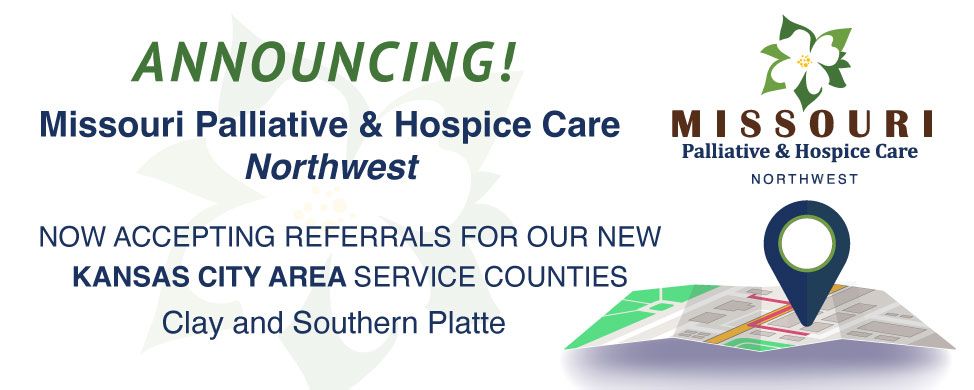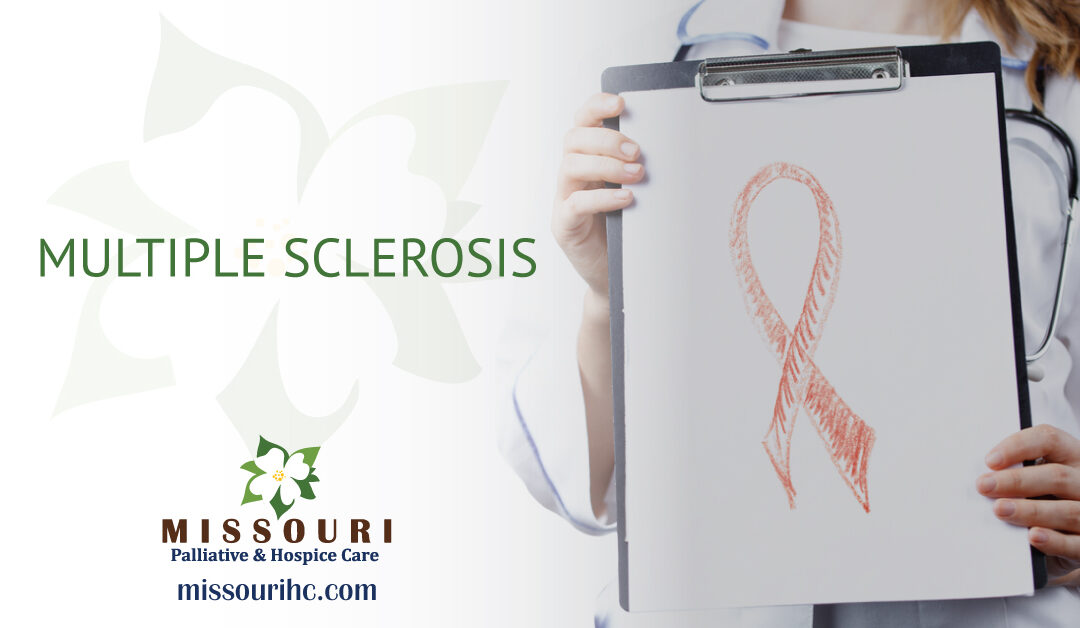Many Multiple Sclerosis (MS) patients and their families turn to hospice and palliative care to ensure their final days together are filled with comfort, harmony, and the best care. MS is a condition that worsens over time, meaning as the disease progresses, more care is needed, which is where hospice and palliative care come in — to provide around-the-clock care to MS patients and support and guidance for their loved ones.
What is Multiple Sclerosis?
Multiple Sclerosis is a chronic condition that involves the central nervous system. The immune system attacks myelin — the protective layer surrounding nerve fibers — in patients who have MS. The disease causes inflammation and brain lesions — some are temporary, and some that are caused by scar tissue are permanent. These lesions make it hard for the brain to send signals to the rest of the body. There’s no cure for MS, but it is possible to manage symptoms, especially with the help of long-term care.
Why Hospice?
As MS progresses, patients and their loved ones are faced with tough decisions about end-of-life care, including how they want to spend their final days. MS usually does not cause death but rather related problems, including trouble swallowing and breathing and infections. For many, this is where hospice comes in.
Hospice is not a place. Rather, it’s continual care covering things from wheelchairs to medication to on-call nurses and doctors, and much more. You can receive hospice care at home, in a nursing home, or assisted living facility. The goal of hospice is to ease the patient’s pain and help them manage symptoms, including infections, choking risks, and blood clots. Another critical component of hospice is emotional and spiritual support offered by counselors, health care professionals, and hospice chaplains.
Symptoms of MS
In order to raise awareness about MS, it’s important to recognize the common symptoms, including:
- Fatigue
- Difficulty walking, swallowing, and breathing
- Speech issues, including slurred speech, long pauses in between words, and changes in volume when speaking
- Vision problems
- Chronic pain
- Tremors
- Difficulty with cognitive functions, including focusing, memory, and word-finding
- Difficulty sleeping
- Difficulty controlling bladder
Help is Available Today
You don’t have to go through this battle alone. We are here for you. Contact us today to learn more about our hospice and palliative care programs and benefits. We look forward to helping you through this journey.


